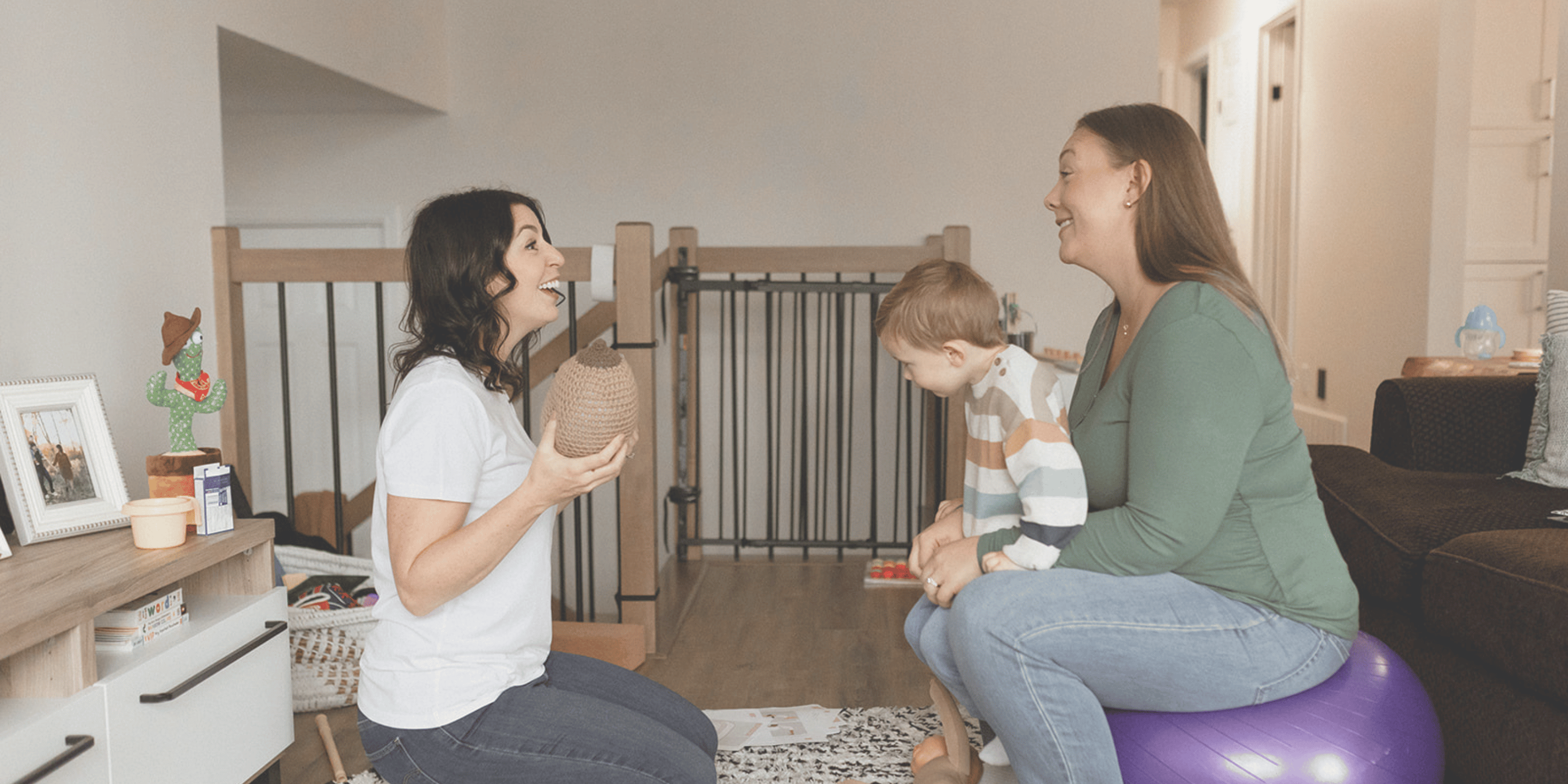Universal screening for newborns are tools that are used to give healthcare providers and parents an important, timely assessment of the baby in order to decrease the chance of potentially life-altering or life-threatening, often invisible illnesses or diseases. What this means is – without these extra tests, your baby could go home with an invisible disease or illness and we could have done something about it. Newborn Screening is an essential standard of care all across North America.
So what kind of tests do we do? Well, unfortunately, that depends on where you live. Although both Canada and the United States offer testing, it is regulated by provincial/territorial or state bodies so the testing itself may vary.
So what do you need to know? The first thing you should do if you’re pregnant is ask your healthcare provider what kind of testing they do in your area. As with all healthcare decisions, you should be informed about what tests are available, what the results mean and what happens if you decline the testing.
There are several types of newborn screening tests, and although the individual diseases screened may be different, most centres offer these types of tests.
Hyperbilirubinemia Testing (Jaundice)
Hyperbilirubinemia, commonly known as jaundice, is a potentially life threatening condition where the baby is unable to process extra bilirubin and it builds up in their blood. If too much bilirubin is in the blood, it can cross the blood-brain barrier and potentially cause permanent brain damage. Unfortunately we are not exactly sure HOW MUCH bilirubin build up is safe, so we check it frequently, and treat it well before we reach what we believe are dangerous levels. Bilirubin is a by-product of red blood cells breaking down, and babies’ livers need to clear this bilirubin from the blood and the waste is removed in your baby’s stool. Babies’ livers are immature at birth and sometimes they cannot process all of the extra bilirubin. Although there are a few types of jaundice and their causes may be different, this is essentially the most common way jaundice occurs in newborns. The other kinds are beyond the scope of this blog.
So if lots of bilirubin in the blood is bad, we need to test it before your baby goes home to make sure that their levels are safe. There are two main ways of testing. Some babies are screened with a skin test, where a sensor is placed over your infant’s forehead to check the level, and it is plotted on a graph. If the level is too high on the graph, then your baby may need a blood test to confirm how much bilirubin is in the blood.
Some hospitals or birthing centers only do blood testing. In this case, your baby will have blood drawn (sometimes by the heel, sometimes in their arm) and the level will be plotted on a graph. If the level is too high, your baby may need treatment to help bring the bilirubin levels down such as getting an IV, increasing feeding and phototherapy.
There is a common misconception that how “yellow” your baby is corresponds directly to how much bilirubin is in their system. Although there is some truth to this, in babies with more rare and more dangerous causes of jaundice we may not see any yellow tinted skin at all. It is always important to have a blood test to confirm any results if a parent or healthcare provider is worried about jaundice.
It is very likely that your baby is screened for jaundice before you are discharged from the hospital or birthing center, as the treatment needs to start quickly if the levels are too high.
Newborn Hearing Screening
Permanent hearing loss (Deafness) is one of the most common congenital disorders. All babies should be screened for hearing loss before discharge from the hospital or birthing center or soon after birth if no screeners are available. The newborn hearing screening test often involves some skin probes attached to various parts of your infant’s head, and body and the test is performed using specialized auditory equipment. Depending on where you live, you may be entitled to further support and follow-up for your child if they determine they have permanent hearing loss or are hard of hearing.
Newborn Metabolic and Other Serious Disease Screening
This is one of the most important and newest technological advances for disease screening. Depending on where you live, the kinds of tests that are included may differ. After birth, before you are discharged from the hospital or birthing center your baby will receive a heel prick and blood will be taken to test for very serious and often rare diseases that if we catch early, we can intervene and sometimes change the course of the disease or lessen the symptoms. The diseases included in the panel are often difficult to diagnose without this testing and usually, no other symptoms are present. An example of tests that may be included in the panel that many people have heard of include cystic fibrosis, and congenital hypothyroidism. This testing often is not able to diagnose a disease but rather flags the baby as being higher risk and therefore needs a more thorough assessment. If we are able to diagnose these conditions earlier the outcomes for the baby are much improved. Specifically for congenital hypothyroidism, infants are able to take a thyroid medication right away as they are not making any on their own, and we can decrease the chance of developing developmental delays.
Critical Congenital Heart Disease Screening
Lastly, this test is newer and is less invasive than the other tests mentioned above. When this test is performed, two oxygen levels are measured in your baby with a small skin probe that is put on top of your baby’s skin on the right wrist and another limb. They measure the oxygen levels to see if the two limbs have a similar amount of oxygen. If they do not, further assessment from a specialist or more testing may be required to rule out major heart defects. The types of heart defects that this test is able to find are very rare, but if they are left undetected, they do lead to eventual heart failure if left untreated. For the few babies this may save so they can get emergency care (usually surgery), this quick test of oxygen levels is incredibly important!
If you want to learn more about what happens after your baby is born and before you’re discharged from the hospital, don’t forget to sign up for a private prenatal class! I cover all sorts of information that will help you feel more prepared for what happens after you deliver your baby!!
Check out the class schedule for my most recent schedule of prenatal classes!



